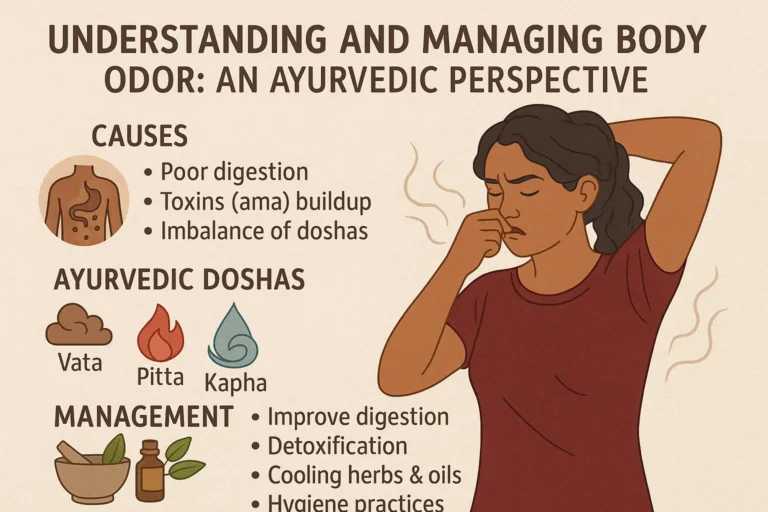We often reach for a glass of fruit juice thinking it’s a healthy choice, especially when we’re trying to lose weight or need a quick energy boost. But what if that seemingly innocent drink is actually doing more harm than good? This blog post will explore how fruit juice, especially when consumed without fiber, can be detrimental to your liver health, drawing insights from a recent expert analysis.
The Misconception of Fruit Juice
Many people believe that fruit juice is a healthy alternative to sugary sodas and other processed drinks. It’s true that fruit juice contains vitamins and can provide a temporary energy lift. However, the way our bodies process fruit juice is very different from how we process whole fruit.
The Liver’s Enemy: Fruit Juice Without Fiber
The key issue with fruit juice lies in its lack of fiber. When you drink juice, you’re essentially consuming a concentrated dose of sugar without the fiber that naturally slows down its absorption. This rapid influx of sugar can overwhelm the liver, leading to a condition known as fatty liver.
How Fruit Juice Contributes to Fatty Liver
Here’s a breakdown of how fruit juice can negatively impact your liver:
- Sugar Overload: Fruit juice is high in fructose, a type of sugar. Without fiber to slow down absorption, this fructose is rapidly processed by the liver.
- Fat Accumulation: When the liver is overloaded with fructose, it starts converting the excess sugar into fat. This fat can accumulate in the liver cells, leading to non-alcoholic fatty liver disease (NAFLD).
- Worsening Existing Conditions: Regular consumption of fruit juice can exacerbate conditions like diabetes, PCOS (polycystic ovary syndrome), kidney stones, gallstones, and even body aches.
The Healthy Alternative: Whole Fruits
Instead of drinking fruit juice, the recommendation is to eat whole fruits. Whole fruits contain fiber, which slows down the absorption of sugar and prevents the sudden spike in blood sugar levels. This makes it easier for your liver to process the sugar without getting overwhelmed.
Practical Recommendations for Liver Health
- Eat Whole Fruits: Opt for one to two servings of whole fruit after a meal. This helps manage the glycemic load and is gentler on your liver.
- Limit Fruit Juice: If you do consume fruit juice, do so in moderation and always choose 100% fruit juice without added sugars.
- Prioritize Fiber: Focus on a diet rich in fiber from whole fruits, vegetables, and whole grains. Fiber is crucial for overall health and liver function.
Conclusion
While fruit juice might seem like a healthy choice, its lack of fiber can make it a significant contributor to fatty liver and other health issues. By understanding the impact of fruit juice on your liver and making the switch to whole fruits, you can take better care of your health and well-being. Remember, small changes in your diet can make a big difference in the long run.




